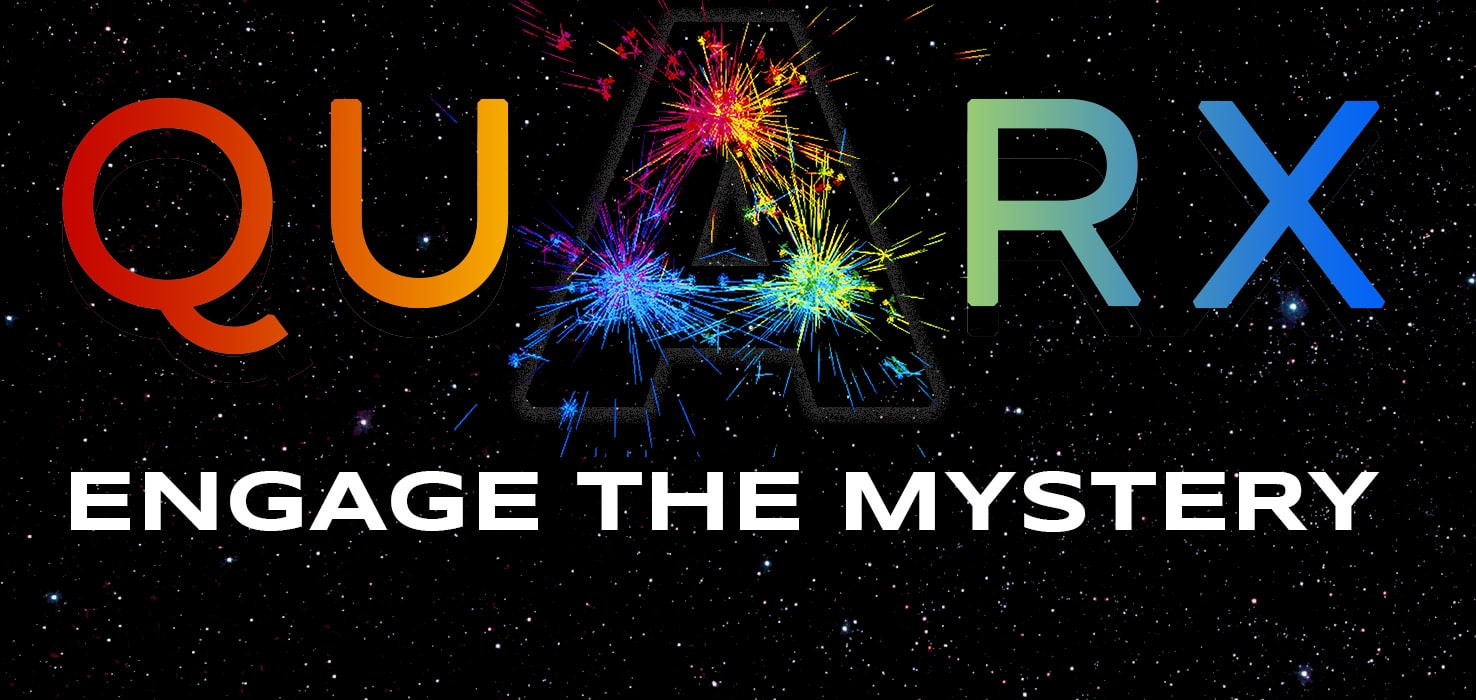What is the value of a human life in 2020?
“The question’s complexity resides in the fact that how we arrive at a price tag on human life says a great deal about our priorities. The price tags, and the methods used to develop them, are a reflection of our values as a society. They are infused with influences from economics, ethics, religion, human rights, and law.
Ideally, there would be a simple answer of how to value a human life that most people could agree on. Yet there is no such answer.

The philosopher Isaiah Berlin stated that humans have a “deep and incurable metaphysical need” to search for timeless truth that does not exist. Instead, we need to accept that there are many competing truths and a “plurality of values.” The task of valuing life has many competing truths and no simple answer. Readers may find it frustrating that we cannot summarize with one key bullet point or a single take-home message about how human life is valued, but topics as complicated as this often cannot be boiled down to one pithy solution that satisfies nearly all interested parties.
Valuing some lives more than others seems logical and natural to many of us. Given the choice of saving the life of a convicted serial murderer or the life of a heroic police officer, most would choose to save the police officer. On a more personal level, empathy drives us to value the lives of those closest to us more than the lives of those we do not know. If you had to choose between saving the life of a stranger or the life of your child, wouldn’t you save your child?
For others, valuing all lives the same has some intuitive logic. It is a simple answer. It resonates with many people’s stated perspective, and it is in line with the perspective that if life must be valued, then no one should receive preferential treatment.
This notion of valuing lives equally is not a throwback to an idealistic, egalitarian philosophy but rather one that resonates among many people. Consider billionaires Mark Zuckerberg and his wife, Priscilla Chan. Their open letter to their newborn daughter stated, “We believe all lives have equal value, and that includes the many more people who will live in future generations than live today.”
This sentiment is mirrored in the philosophy of the Bill & Melinda Gates Foundation: “We see equal value in all lives.” Valuing all lives the same is counter-intuitive to many. After all, it equates the saints with the sinners, Nobel Prize winners with homeless heroin addicts, the inventor of a lifesaving vaccine with a mass murderer.
Some take the philosophical perspective that human life is priceless. Individuals who take this stance conclude that the question of how much a human life is worth is meaningless or unanswerable. However intellectually satisfying, this perspective ignores the reality that human life is constantly being monetized and that this should therefore be done in an equitable way.”
“Price tags are being continuously placed on our lives. If we care about equity, we need to ensure that the science behind these estimates is not oversold and that fairness is always a consideration when cost-benefit analysis is performed.”
-Howard steven friedman

Recent Comments